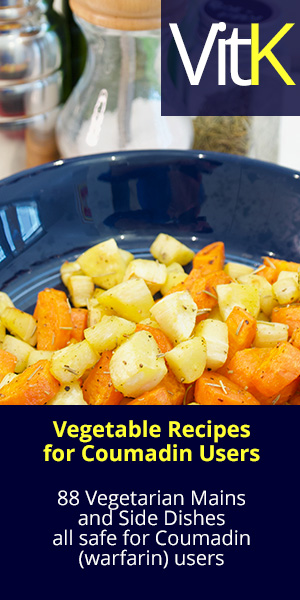
Which nuts and seeds are good for you?
We know now that nuts and seeds are really good for you. One important study shows that nuts added to a Mediterranean Diet made a huge difference in preventing the development of metabolic syndrome (Arch Intern Med 2008:168;2449-2458). Keep in mind that nuts are considered fats and are higher in calories. Even so, the types of fat are so much better for you, since most are low in saturated fat and high in unsaturated fats.
In another study of folks already on a Mediterranean diet, those who added walnuts to their diet had an additional 4% decrease in total cholesterol. In another, those who ate 3 ounces of almonds per day for 9 weeks had as much as a 10% drop in cholesterol. To make it even better, nuts and seeds are chock full of antioxidants and Vitamin E as well as magnesium, copper, plant sterols, protein and fiber.
While a lot of the studies are funded by industry groups, like the California Walnut Commission, much of it is good quality research and the conclusions are pretty compelling. There may be some possibility that almonds are better than walnuts and walnuts are better than cashews or peanuts, but you should just eat what you like. Raw may be better than roasted, and eating your nuts unsalted may be better for you if you have high blood pressure.
If you like dry roasted salted peanuts, that's OK. You're definitely better off eating salted nuts than eating Doritos or Wheat Thins. The nuts may have a few more calories in an ounce (170 for the nuts compared to 140 for the Doritos), but they have about half the salt (85 mg for the nuts and 180 mg for the Doritos).
Any of these choices are great to keep on hand:
Almonds (whole, slivered and sliced)
Pecans
Walnuts
Sesame seeds (white and black)
Poppy seeds
Sunflower seeds
Pinenuts
Pumpkin seeds
One important thing for those with diverticulosis. It may be that you have been told to avoid eating nuts and seeds in the past to prevent a flare of diverticulitis. Thank goodness this has now been disproven. In fact, those with diverticulitis who ate more than two servings of nuts a week had about the same or slightly lower risk of problems than those who ate less than one serving per month. (This includes popcorn, corn and the tiny seeds from strawberries and blueberries.)
Eating Healthy: the Basics
The How and Why of healthy eating. Everything from why you should eat breakfast to whether red meat or coffee is bad or good for you, all in straightforward terms.



